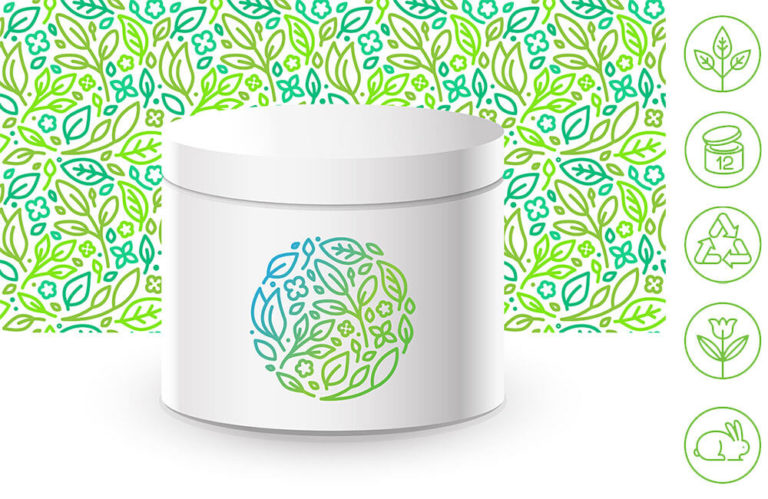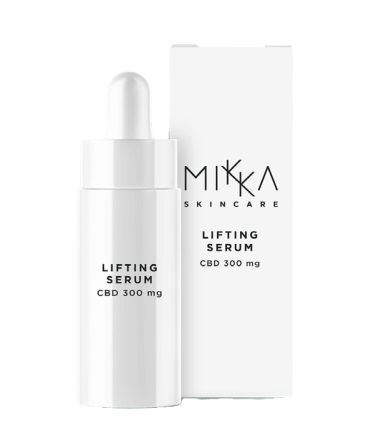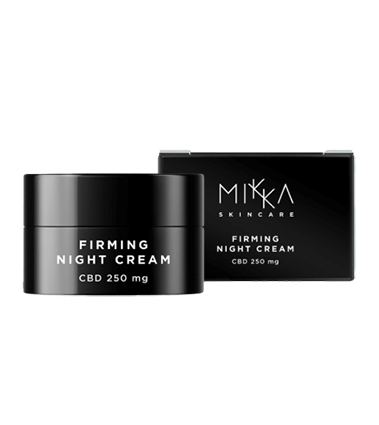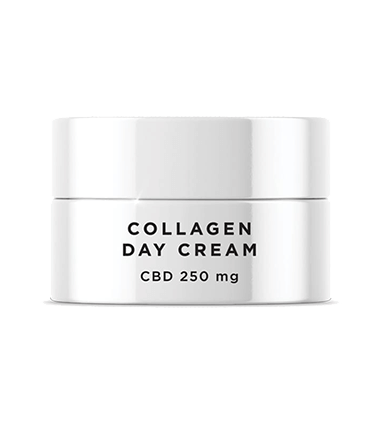Cannabidiol (CBD) is an oil derived from the cannabis plant. It is one of many cannabinoids (compounds) in the plant. CBD is not psychoactive, meaning it does not alter a person’s state of mind when they use it. It may, however, produce significant changes in the body with possible health benefits like reduction of inflammation and pain.
CBD is a compound from the cannabinoid family that naturally occurs in the cannabis plant. Scientists have isolated 108 different types of cannabinoids in cannabis. THC is possibly the best-known cannabinoid as it is the one that gets you ‘high’. CBD is best known for its potential therapeutic benefits.
All cannabinoids produce effects in the body by interacting with cannabinoid receptors which form part of the endocannabinoid system. The body produces two receptors: CB1 which is mainly present in the brain. They coordinate movement, emotion, pain, and mood amongst others. CB2 receptors are more common in the immune system. They affect inflammation and pain. CBD stimulates these receptors so that the body produces its own cannabinoids.
Not all CBD oils are created with the same quality and there are many extraction methods. CO2 extraction utilizes pressurized carbon to draw the CBD from the hemp plant. This process allows for essential oils and other key parts to be drawn from the plant like terpenes and trichomes. Terpenes are the aromatic compounds that give the oil its distinctive flavor and aroma. Terpenes also boost and enhance the benefits through the “entourage effect”. Trichomes produce hundreds of cannabinoids, terpenes, and flavonoids that make strains more effective and potent.
Knowing the origin of the CBD and under which methods it has been created is extremely important when choosing which brands to work with and which products to use.
What is CBD?
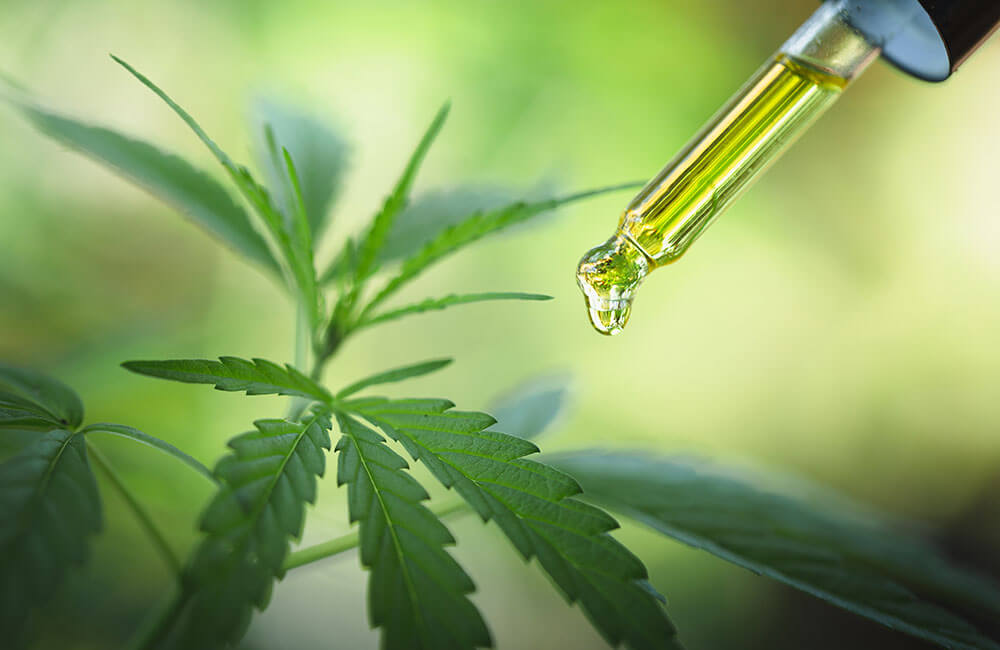
Share On:
Share on facebook
Facebook
Share on twitter
Twitter
Share on whatsapp
WhatsApp


